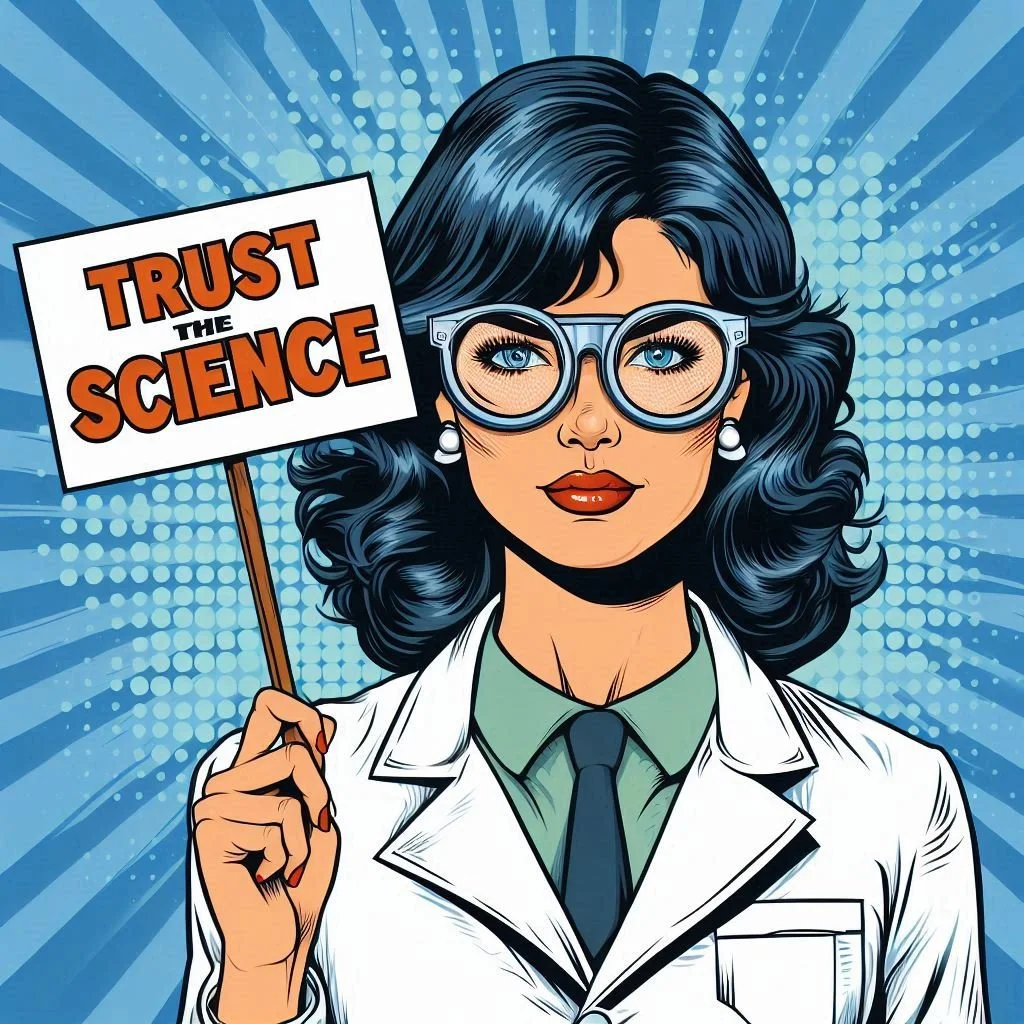Trust in science is up, but science communication needs work
Some good news out of the U.S. today: A majority of Americans say they have confidence in scientists to act in the public’s best interests. There has been a slight uptick in confidence ratings since last year, marking a shift away from the drop in trust seen during the COVID-19 pandemic.
However, science communication remains a weak point! Just 45% of U.S. adults surveyed by the Pew Research Center describe research scientists as good communicators.
In a time where facts and fiction are blurring at warp speed, amplified by certain social media channels where "everyone's an expert," scientists need to continue building trust among the public. Evidently, communication is key.
How scientists can improve their science communication skills
There are many ways for researchers to learn and practice science communication.
Take part in a science communication training programme or workshop. Science communication training will help you learn the fundamentals of effective science communication. It will prompt you to think strategically about your communications goals and how to engage with different audiences in an accessible way. (Learn more about the benefits of science communication training and see what Human Element Communications has to offer with our bespoke science communication training).
Practice writing for non-specialist audiences. Write a blog, post consistently on Linkedin, or start a Substack. Look for opportunities to publish in the media. By doing this type of writing, you will gain experience in simplifying complex ideas, avoiding jargon, and focusing on your key messages. Writing an article for The Conversation is a great way to start.
Engage in public speaking and outreach activities. Public talks give you hands-on experience in explaining scientific concepts to non-specialist audiences. Events like TEDx Talks, science festivals, and community forums will help you refine your messaging, learn what different audiences are interested in, and build confidence in public speaking.
If you’re part of a research team that wants to improve its science communication, check out our bespoke science communication training and get in touch!
If you liked this post, you might also like:
Brendon Bosworth is a communications specialist and science communication trainer. He is the principal consultant at Human Element Communications.

